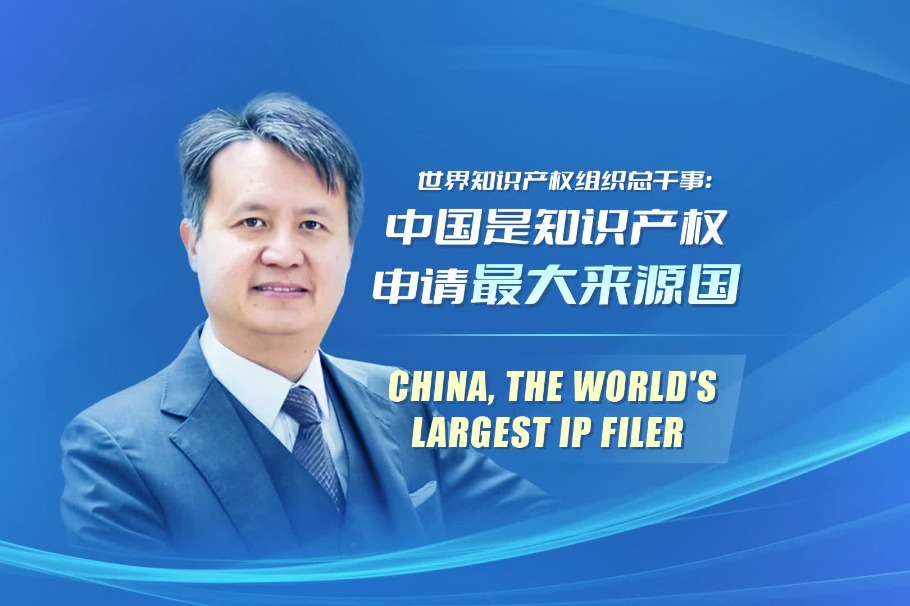New directive aims to stamp out violations

Authorities further resolution to get tough on infringing on intellectual property rights
China plans to effectively curb infringements on intellectual property rights by 2022 and expects general social satisfaction with IP protection nationwide to reach a high level by 2025.
Such targets are part of a newly disclosed directive titled The Guideline on Strengthening Intellectual Property Rights Protection, which was jointly released by general offices of the State Council and the Communist Party of China Central Committee on Sunday.
According to the directive, challenges for people who deal with IP cases, including difficulties in providing evidence, lengthy and costly legal procedures and low compensation, will be overcome by 2022.
China is expected to have an improved IP protection system that will spur innovation by 2025.
The directive puts forward 99 policies in four aspects to further enhance IP protection in China, Gan Shaoning, deputy head of the National Intellectual Property Administration said at a news conference on Monday.
For a start, China will implement a strict IP protection system, Gan said.
"The document calls for speeding up the introduction of a punitive compensation system for patent and copyright infringements," said Song Jianhua, head of the treaty and law department at NIPA.
Gan said, "At present, the draft amendments to the Patent Law have passed the first review by the Standing Committee of the National People's Congress, which said that a punitive compensation system for infringements will be set up."
"The revised Trademark Law, which came into effect on Nov 1, increased the amount of statutory compensation for malicious infringements from less than three times the damage to less than five times," he said, adding that with these regulations, the cost of IP rights violations will greatly increase.
While providing broader IPR protection, China will increase connections between administrative enforcement and the criminal justice system and broaden channels for safeguarding IP rights, including arbitration and mediation, according to the policy.
"China will advance the construction of an IP credit system. Six types of dishonesty such as repeated infringement of a patent by the same infringer and patent agency activities with serious legal violations will be punished," Gan said.
In addition, China aims to offer one-stop solutions for dispute resolution and streamline the processes of reviewing, confirming and protecting IP, in a bid to enable quick access to IP protection.
Zhang Zhicheng, head of the protection department at NIPA, said: "Since 2016, China has approved the establishment of 25 IP centers. They are welcomed by all sectors of society, especially small and medium-sized tech businesses."
The document said that China will set up a number of such centers in competitive industrial clusters to increase the efficiency in accepting and hearing cases.
International cooperation is another focus of the new policy. China will facilitate communication between domestic and foreign rights holders, increase support for settling overseas disputes and optimize mechanisms.
"Our country's IP protection has reached an unprecedented high level," Gan said. "IP is an important contributor to China's economic competitiveness."





